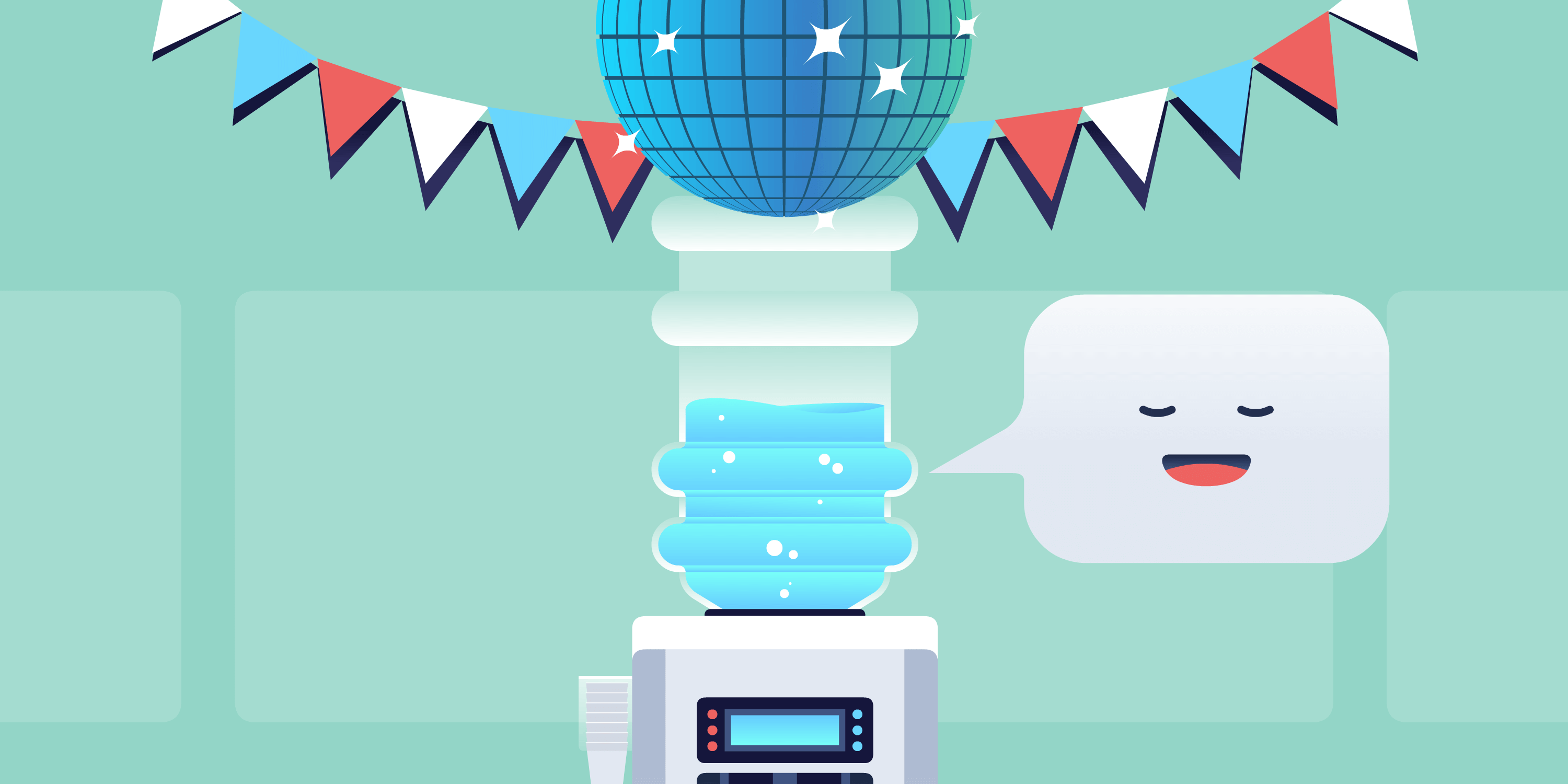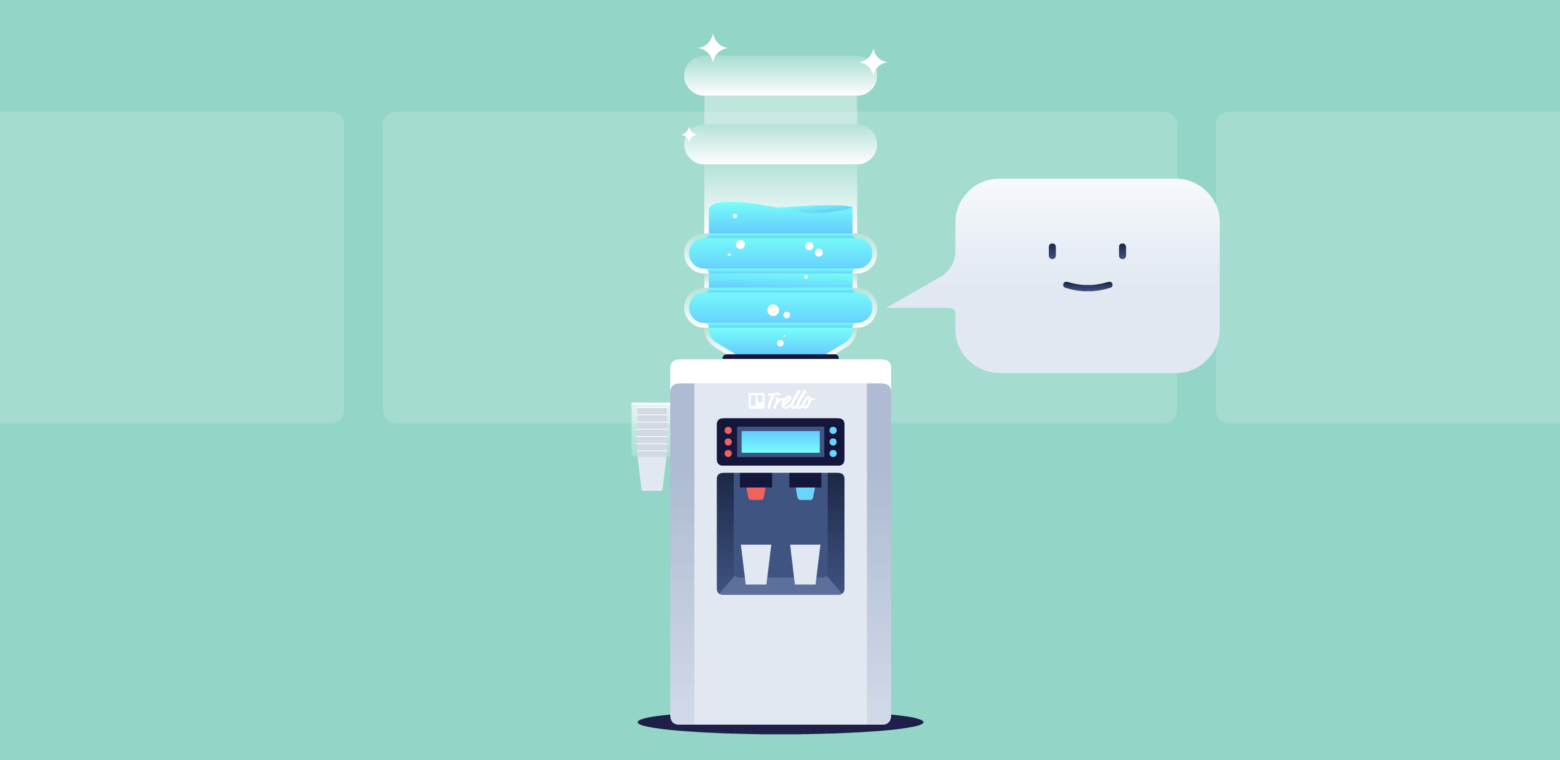The weather, Mondays, Game of Thrones, that local sports team… These are all generally considered as safe small talk topics at work.
But for many people, bonding with colleagues is not worth the effort when there are reports to write, projects to get done, and families to get home to.
Does this kind of polite relationship building with co-workers actually benefit you, or does it merely serve as another distraction? Recent studies point to the surprising cognitive benefits of engaging in even a small amount of workplace socializing. Other surveys also demonstrated that workplace socialization fostered more engaged and committed employees.
It could be that watercooler conversation itself is evolving. Workplaces are adapting to a new workforce: one that is more focused on collaboration, perks, and establishing meaningful connections that go beyond the scope of actual work.
So before you muster a tight smile and avert your eyes from colleagues around the coffee machine, consider this research on how small talk may actually make you better at your job:
Science Says Small Talk Is Good For Your Brain

Researchers at the University of Michigan conducted a study to test the efficacy of small talk. Participants were first given a simple task: spend 10 minutes getting to know the other participants. Afterwards they were given a series of cognitive tasks to complete.
A second group of participants were asked to engage in competition-based conversation, and afterwards were given the same cognitive tests as the previous group. The control group was simply given the cognitive tests upon arrival.
The group that engaged in friendly small talk performed significantly better on the cognitive tests than the group that engaged in competitive exercises. Researchers saw improvements specifically in the area of executive functioning, which is the area of the brain that controls focus, planning, prioritization, and even organization—all of which are essential skills in the workplace.
So there you have it: according to science, engaging in small talk can actually make you better at your job.
Work Relationships Tied To Employee Satisfaction

In addition to increased performance, establishing relationships at work can be correlated to overall employee satisfaction which helps with retention, turnover rates, and a genuinely positive outlook.
According to a survey conducted by Globoforce, a whopping 89% of respondents indicated that work relationships made an impact on their overall quality of life. Survey results also showed that even having just one friend at work dramatically increased their commitment to the company and their inclination to stay.
The key here is empathy. Demonstrating the ability to relate to those around you, and to feel as though your colleagues are able to relate to you, is a critical step that has shown in studies time and time again to increase engagement.
Productivity expert Charles Duhigg discusses a concept called “Psychological Safety” in his book Smarter Faster Better. Essentially, Psychological Safety is the ability to feel comfortable enough with a group of people that you bring your authentic self to a group discussion or brainstorming session. You are comfortable sharing all of your ideas, even the wild ones, and you do not fear that the group will receive them with judgment.
Feeling connected to your colleagues and your work all start with those small, icebreaker conversations. Those little interactions can make a huge difference in your work and your mindset.
Tips For The Literal And Digital Watercooler

So how can you encourage small talk at work? Here are a few strategies for facilitating both offline and online small talk:
- Celebrate milestones like work anniversaries, goals being met, and big deals closing. For example, the Globoforce survey results also showed that an overwhelming 98% of respondents said that work anniversaries were more positive when publicly acknowledged and celebrated with colleagues. Pointing out employees’ achievements in a public space essentially greases the wheels for colleagues to start up a conversation with one another.
- If you’re a co-located team, set up a large breakroom table where everyone can fit, and serve lunch a few times a week. Some of the most inspiring ideas come from talking with colleagues you may not work with every day. As Joel Spolsky, co-founder of Stack Overflow, Trello, and Fog Creek puts it, “The importance of eating together with your co-workers is not negotiable, to me. It’s too important to be left to chance. That’s why we eat together at long tables, not a bunch of little round tables. That’s why when new people start work at the company, they’re not allowed to sit off by themselves in a corner.”
- Encourage social channels in your chat tool. Some popular topics include a channel for sharing cute photos of kids, a funny gifs and memes channel, a channel for pets, sports talk, or restaurant recommendations.
- Bake in specific time for socialization. If you’re a distributed team, set up 15 minute social calls and use a randomizer to pair people up. At Trello we call this “Mr. Rogers” and it has been one of the most successful social programs at our 65% remote team. Randomly pairing people from disparate teams gives folks a chance to talk to one another and find commonalities that never could have occurred organically. Random paIrings can also happen for co-located teams too, where participants meet up and go for a walk or get coffee together.
Encouraging socialization has proven to enhance the workplace while not detracting from productivity. Engaging in friendly conversation also helps with focus and work performance, so technically you can consider this one a no brainer.
Additional reporting for this article done by Suzanne Zuppello.








































